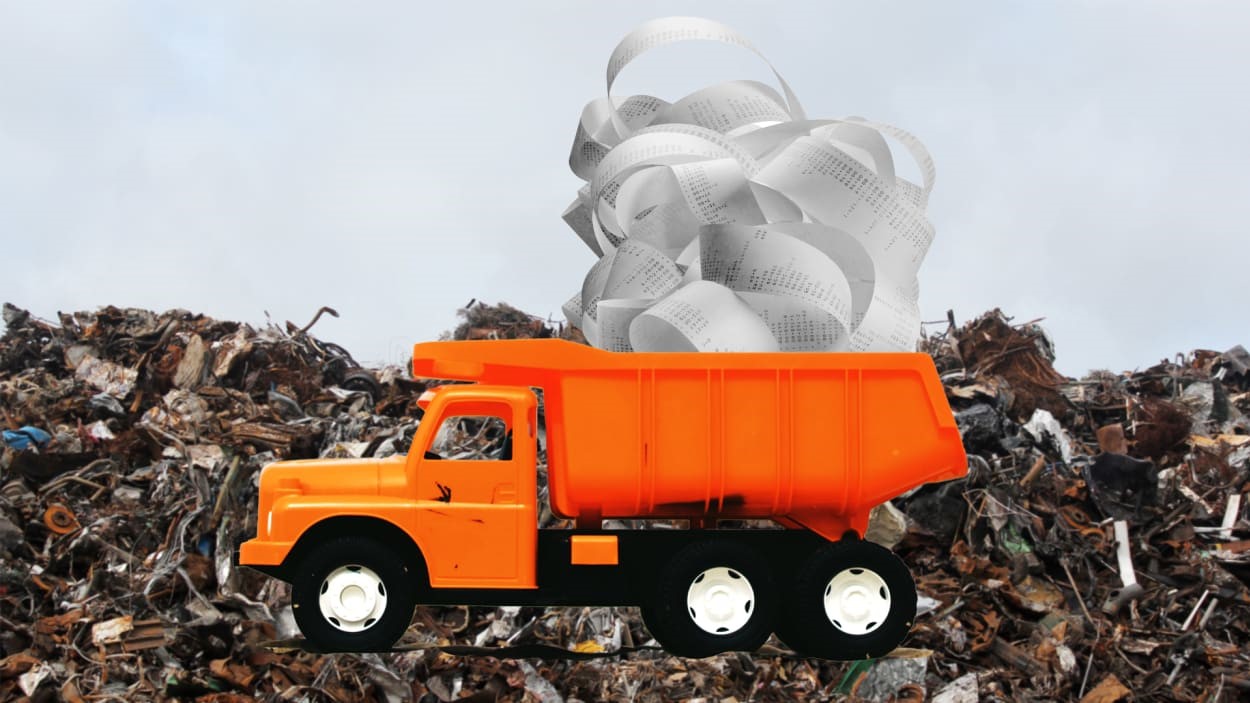What is a junk fee anyway? From hotels to concerts, the FTC targets annoying hidden charges
By Sam Becker
The Biden administration is looking to take out the trash.
On Wednesday, the Federal Trade Commission (FTC) announced that it’s proposing a new rule that would nix junk fees, “which are hidden and bogus fees that can harm consumers and undercut businesses,” according to an agency statement. The FTC estimates that those fees amount to tens of billions of dollars annually in unexpected consumer costs, the statement adds.
Junk fees are commonly associated with purchases of hotel rooms or concert tickets, and may include “service charges,” “convenience fees,” or similar add-ons. For example, a consumer buying tickets to a concert might anticipate spending $35, only to find out, as they’re about to execute a transaction, that the total cost is $55, as “service fees” or “convenience fees” have been tacked on to the final price.
Specifically, this is how the FTC defines both “hidden” and “bogus” fees, per the agency’s release:
In effect, the FTC’s proposed rule would require businesses to show full prices upfront, prohibiting them from adding hidden or misleading fees onto the price of goods or services. Companies would also need to make it clear to customers whether fees are refundable, and would apply to many industries, including event ticket sellers, apartment rentals, and hotels, among others. Businesses that don’t comply could face fines or be forced to refund customers.
A brief from the White House also says that the Consumer Financial Protection Bureau (CFPB) is looking to require large financial institutions to “provide basic information to consumers without charging fees—meaning no more fees for basic services like checking bank account balances, obtaining a payoff amount for a loan, or getting account information needed for applications.”
In all, the Biden administration is aiming to use the weight of the federal government to increase price transparency for consumers.
“All too often, Americans are plagued with unexpected and unnecessary fees they can’t escape,” said FTC chair Lina Khan in a statement. “These junk fees now cost Americans tens of billions of dollars per year—money that corporations are extracting from working families just because they can. By hiding the total price, these junk fees make it harder for consumers to shop for the best product or service and punish businesses who are honest upfront. The FTC’s proposed rule to ban junk fees will save people money and time, and make our markets more fair and competitive.”
President Biden also took aim at the scourge of hidden charges at his State of the Union speech earlier this year. “Junk fees may not matter to the very wealthy, but they matter to most other folks in homes like the one I grew up in, like many of you did,” Biden said. “They add up to hundreds of dollars a month. They make it harder for you to pay your bills or afford that family trip. I know how unfair it feels when a company overcharges you and gets away with it. Not anymore.”
The public will have a chance to comment on the FTC’s proposal for 60 days before it could potentially be finalized.
(22)



